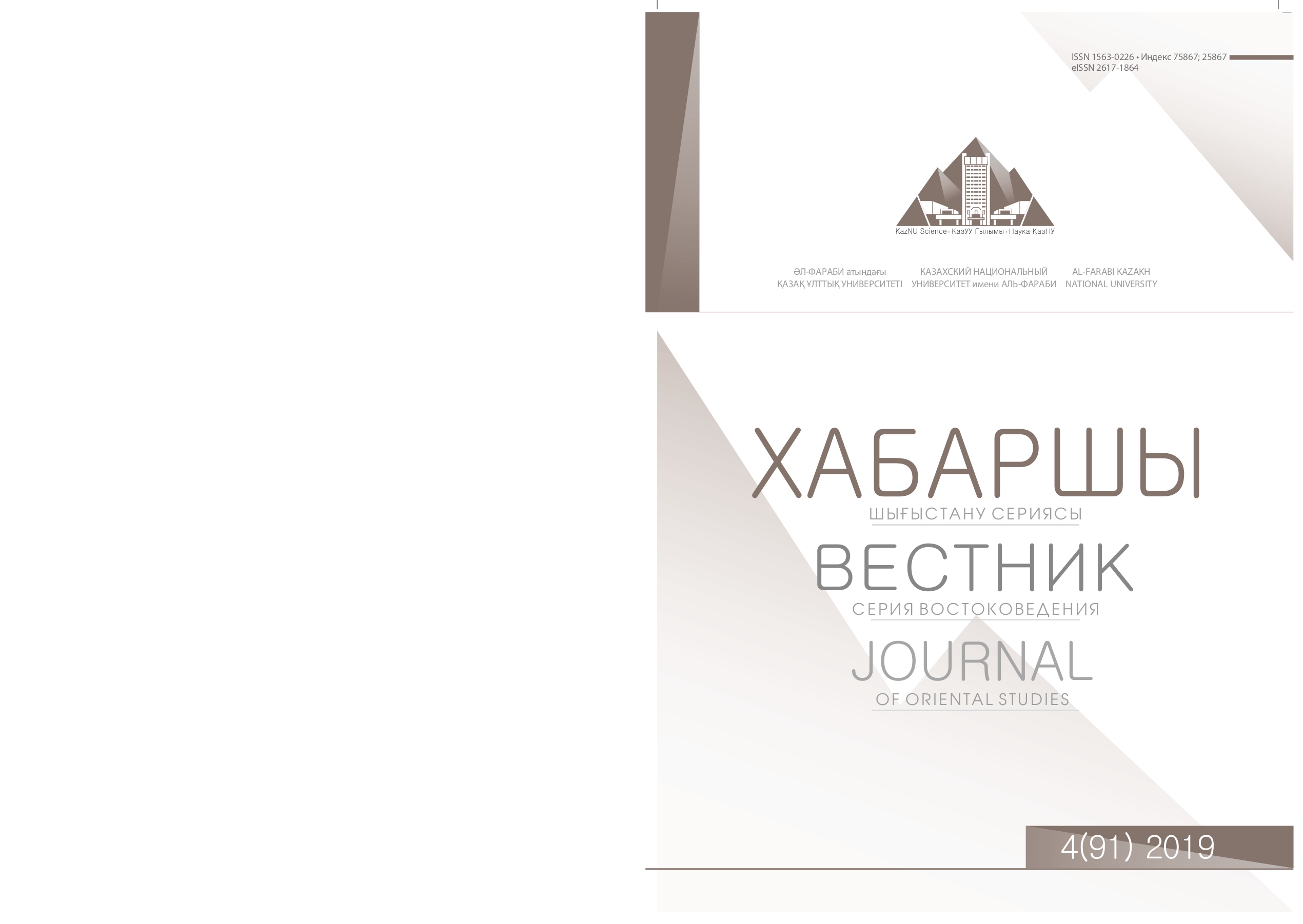Cultural Politics of Toponymic Kazakhification in Kazakhstan
DOI:
https://doi.org/10.26577/JOS-2019-4-o3Abstract
Abstract. Toponyms represent linguistic and cultural values exceeding the simple indication and orientation of physical space. In the context of social subject overthrow, geographical names are apt to be reformed with the new symbolic languages. Since the independence of Kazakhstan in 1991, renaming places and streets have been done as one of main projects with Kazakh language recovery movement in the process of nation-state building initiated by newly born government. The paper examines how the dominant social subjects inscribe ethnic identity by renaming streets in the social transitional period in Almaty where the two distinct values and symbols conflict by comparing the newly renamed streets with the street names of the Soviet meaning. The street names of the Soviets were filled with names of contributors and admirers to justify the Soviet ideology and system, But the renamed streets of the new Independent States included the historical origins of ethnic Kazakh, warriors - batyr, Kazakh intellectuals and artists, in order to clear the Soviet remnants and at the same time secure the Kazakh’s ethnic, kinetic, cultural identity and historical continuity. In conclusion, the new leading social agent since the social upheaval has tried to rebuild his lost history through renaming streets. It confirms that renaming streets is a site of politics that generates a mechanism of inclusion and exclusion among contested cultural meanings. Key words: Cultural politics, toponymic, kazakhification, ethnic identity, nation-state building.














